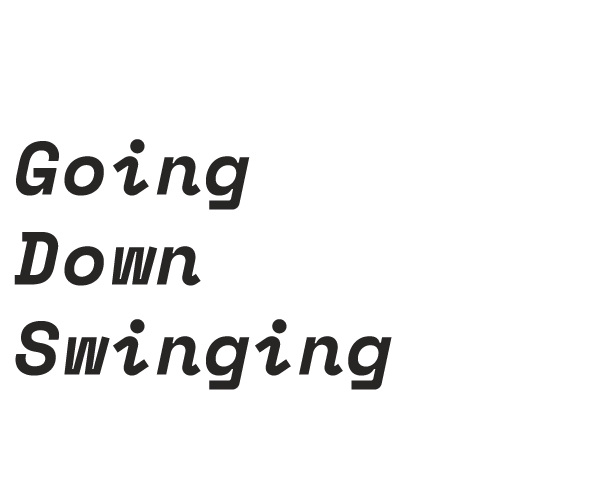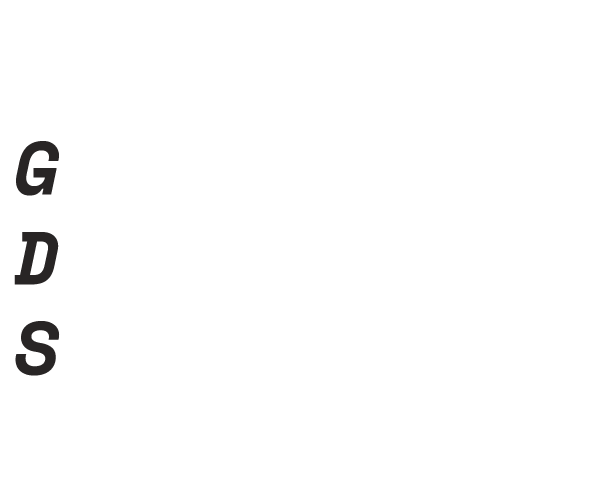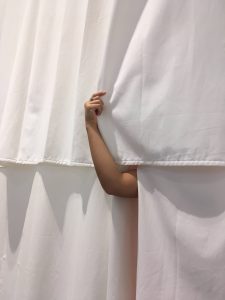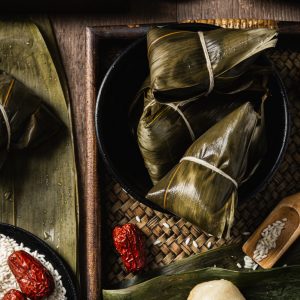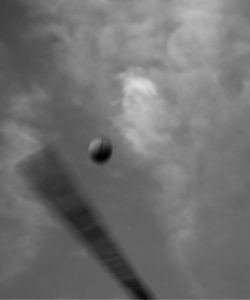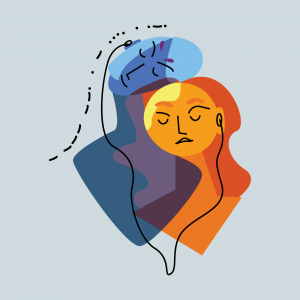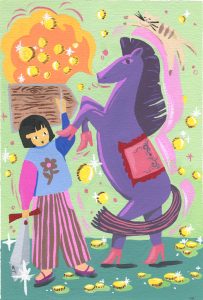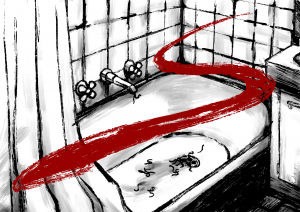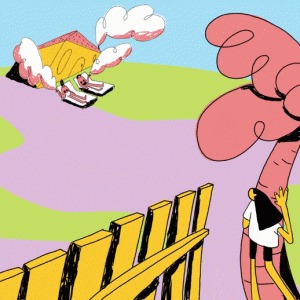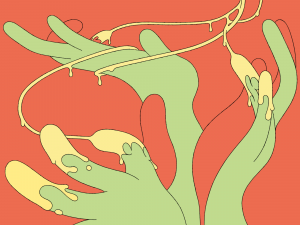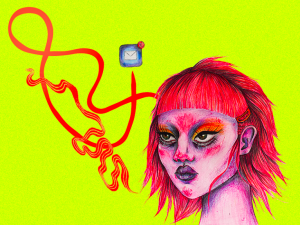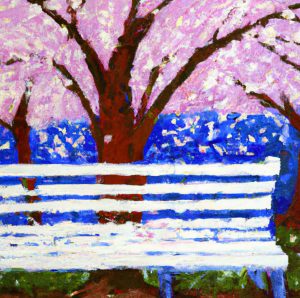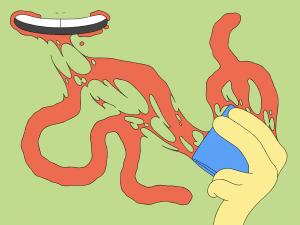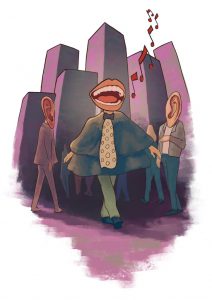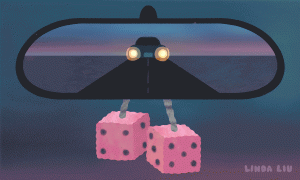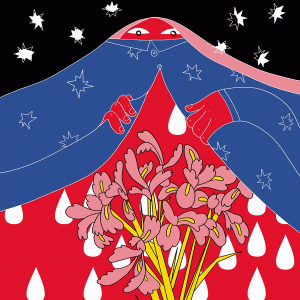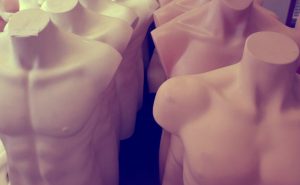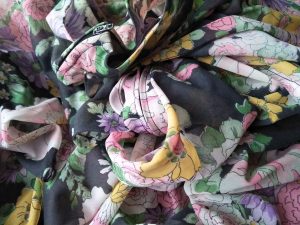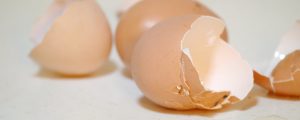1. When I dream of apocalypse (which is increasingly often), I dream I am counting my chickens. In the waking world, I also live with a child, a man, two dogs, four cats and a lot of vegetable plants, and the ongoing survival of all these beings is what gets me out of bed in the mornings. But when I’m asleep and the world is on fire, I run to save only my chooks.
2. I happened to be very sad on a day when my workplace had an incubator full of hatching eggs, which is how I first came to own chickens. My relationship with my partner had been going through a rough patch, which had the domino effect of making me worried about the quality of my parenting, and “it is hard to protect a person you love from pain,” writes Mary Gaitskill in her memoir Lost Cat, “because people often choose pain; I am a person who often chooses pain. An animal will never choose pain; an animal can receive far more love than even a very young human.” I wrote my name at the top of the list of people who were interested in adopting some chicks.
2.1. When the chicks were old enough to be brought home, my son picked out two, and named them Clumsy and Duffa. We had to keep them in the study for a week because they were still too young to live outside. After googling things like ”how to keep baby chicks happy” and ”how to make baby chicks feel calm”, I played them some classical music from my phone. Too loudly—they ran under the bed in fright and shat on the carpet, costing me a chunk of my rental bond. I soon bought three more.
3. I used to be afraid of chickens. Of all birds, actually. This was for many reasons—among them, the sharpness of beaks and claws, and the intensity with which birds tend to maintain eye contact—but mostly because they always threatened to make me look ridiculous. I had a lot of social anxiety growing up. Birds, at any moment, may swoop you or drop poop on your head. It was extremely important that I maintained composure in the presence of other people.
3.1. Now, when the chickens eat grain and seeds out of my hands, I can feel their sharp beaks against my palms and their soft, tender necks against the backs of my fingers.
4. Are chickens such an effective tonic to climate change anxiety because they’re dinosaurs? I’ve seen those feet in my son’s prehistoric encyclopaedias, and it’s soothing to watch them scratch in the dirt, to feel them dig into my shoulder. It’s comforting, as ice caps melt and extreme bushfires rip though the country, to know that some dinosaur species survived the mass extinction; that their descendants are in my yard, converting scraps into fertiliser.
Are chickens such an effective tonic to climate change anxiety because they’re dinosaurs?
5. “A weasel is wild,” writes Annie Dillard. “Who knows what he thinks?” A chicken is domesticated, but often just as much of a mystery. Each time I go into the run, Duffa flies up onto my shoulder—usually only briefly, hopping back down again to accept my offering of food. But sometimes she stays up there for a while, chatting quietly and nibbling at the ends of my hair. Why? Does she love me? Does my hair look like straw?
6. Friends come up from Melbourne to visit and I take them outside. Look. Here are the chickens. Then I sit with my friends and watch the birds forage in the dirt. I do this on several separate occasions before it occurs to me that perhaps this activity might bore my visitors; that perhaps I’ve lost touch with what people consider fun.
7. Whenever I’m around farmers, I become embarrassed about my relationship to my chooks. One afternoon, Seedy, my white silkie, got watermelon juice in the feathers of her head pouf (not sure if technical term), so I gave her a bath in the laundry trough. I took a photo of her after she’d been shampooed and put it on Instagram. A friend of mine, who is a farmer with hundreds of chooks, sent me a message: “Haha what are you doing??”
7.1 In the area we live in, if you ask about chooks, most people will either direct you to ‘the chicken lady’ or ‘the chicken man’. The chicken lady, whose name is Cheryl, lives in a house whose complicated plumbing system she designed herself, and which is guarded by several Maremma sheepdogs. There are chickens everywhere—some in pens, grouped according to age or breed or sex, but many free ranging. Cheryl is woken each morning by the crowing of a rooster who sleeps in a tree outside her bedroom window.
When we first go to visit her, it is to rehome Clumsy, who has turned out to be a young rooster and is too loud for us to keep. Cheryl comes out carrying two or three chickens under each arm. “I’m sad today,” she says. The last several days have had temperatures over forty degrees and, despite her best efforts, she’s lost some of her Brahma chickens. “Some of the most beautiful birds you’ll ever see, those Brahmas. I’m still burning the bodies.” She gestures to a pile of lifeless chickens next to a lit fire drum, which I shield from my son’s eyeline, and we follow Cheryl to our pet’s new pen.
7.2 The chicken man, whose name is Graham, tells us that there are no chickens left for sale in all of Victoria: people have been panic-buying them. When he has some pullets old enough to be sold, we meet him in an empty parking lot. He’s selling chooks from the back of his ute. I am at pains to let him know that we have chickens already; that we are not panic buyers; that I liked chickens before self-sufficiency was pandemic-fuelled. He does not care. He tells us that if we want eggs through the winter, we should feed the chickens some warm vegie mash mixed with wheat.
8. “Obedient to instinct”—this is Annie Dillard again, on the weasel—”Obedient to instinct, he bites his prey at the neck, either splitting the jugular vein at the throat or crunching the brain at the base of the skull, and he does not let it go… I think it would be well, and proper, and obedient, and pure, to grasp your one necessity and not let it go, to dangle from it limp wherever it takes you. Then even death, where you’re going no matter how you live, cannot you part.”
I remember, though she is fading from memory, a version of myself who also aspired to thus live like a weasel. Her ideal life would have involved no distraction from her obsessions, the main of which was writing. She did not want pets, she did not want to get married, and she did not want children.
8.1 I have been reading Natalia Ginzburg’s The Little Virtues. In the essay ‘My Vocation’, Ginzburg writes of not being able to follow her vocation—which is to write—when her children were young: “I could not understand how anyone could sit herself down to write if she had children… I spent my time on creamed rice and creamed barley and wondering whether there was sun or not or wind or not so that I could take the children out for a walk.” Ginzburg’s vocation is a formidable and all-consuming one, a ‘master’ who feeds indiscriminately on all aspects of its servant’s life. It is a weasel’s vocation, and its pursuit requires a state in which “no happiness or unhappiness that is not strictly relevant to the page can exist”.
8.2 The drama in my days is often made up of whatever the chooks or plants have done. My partner comes home from his teaching job each day and debriefs on any number of joyous, frustrating, devastating encounters with other people. Lip Balm scooped up a worm despite her crooked beak today, I tell him in exchange, and there’s a new bud on the capsicum.
8.3 I am embarrassed, sometimes, by how little abstraction there seems to be in my thinking these days—compared to, for example, myself seven years ago, or to other writers and thinkers and friends. The essay collections and theory books I used to lug home from my trips to the library are being steadily replaced by gardening books, lunchbox recipe books, The Backyard Chicken Bible. And I know there is value in the work I do in my garden and in my house, but my brain has also started to feel heavy at parties and dinners—like I can’t keep up with the intellectual conversation and banter of my friends. They start dissecting books they’ve read, or arguing for their various political positions, and my mind wanders—I start planning a new garden bed. My aunt, who lives in the same country town as I do, told me a while ago that when I’d first moved to the area and was visiting her regularly, she’d leave our conversations exhausted. “I couldn’t keep up with you,” she admitted. “It had been too long since I’d been around young people, your minds move too quickly.” She says she’s more used to it now, but I think my pace has also mellowed. Maybe this is ageing.
8.4 Eventually, Ginzburg finds access to her vocation again. “Now I no longer wanted to write like a man,” she writes, “because I had children and I thought I knew a great many things about tomato sauce and even if I didn’t put them into my story it helped my vocation that I knew them”. Is she mocking herself a little here (“I thought I knew”)? Maybe this is a rite of passage, this ‘masculine’ all-consuming ambition, followed by the epiphany that chickens and cooking, too, can teach you things worth writing about; followed in turn by the realisation that all your private epiphanies have already been had, many times and by many people before you, and that there’s nothing particularly special about you either way—but that this is fine, this is how it should be.
8.5 When I get stuck on something I’m writing, I take my pen and my notebook and go and sit near the chickens. This is always a bad idea. To be with chickens induces a state of consciousness that is not conducive to the intense labour of writing. It’s meditative; there is little rigour or narrative arc in their activity. If a chicken drops a blade of grass, it is just as likely to pick up a different one instead—or to perhaps eat a seed, or to do a little scratch-dance in a whole new patch of dirt—as it is to go after the dropped blade of grass. This is to say: a chicken is not a weasel, and nowadays neither am I.
I am at pains to let him know that we have chickens already; that we are not panic buyers; that I liked chickens before self-sufficiency was pandemic-fuelled.
To be with chickens induces a state of consciousness that is not conducive to the intense labour of writing. It’s meditative; there is little rigour or narrative arc in their activity.
9. I find Duffa lying on her side with her eyes closed. Her ribs are exposed to the elements, and her dinosaur foot is curled, limp.
9.1 I ignored a rule I grew up with, and which I had been careful to pass down to my child: never forget that your dog is, however sweet, a dog. I had been training our pup to sit with the chooks without chasing them, and under my supervision she’d been an angel. I trusted her like I would trust a person, which was unfair on her, and I was lazy about a weak spot in the fence.
9.2 Losing Duffa hits me hard. In Lost Cat, Gaitskill’s grief for her missing kitten is a conduit for more complicated grief about other (interhuman) things: her relationship with her father, for one, as well as other relationships in her life that are complicated by power, race, and loss. She writes about her sister, Jane, whose life involves an enormous amount of hardship but who holds it together until her cat gets sick. This kind of transference is no doubt at play with my grief for Duffa, too. I am grieving for the planet. I am grieving for the control I feel I’m losing, incrementally, over the health and safety of the people I love—particularly of my son, who is starting his first year of school, becoming more independent with every day that passes, and is living with a chronic illness in the midst of a global pandemic that no one yet fully understands.
9.3 But I am also grieving for my chicken, who I loved, and who I failed to protect. I feel ashamed for taking it so hard. I want to be like Cheryl, gruff in chook-grief and feeding her chickens to flames, but I can’t bring myself to touch Duffa’s body—my partner disposes of it without me there.
10. Since Duff died, dogs and foxes have been slinking into my dreams and slaughtering my chickens. I wake up relieved that the birds are okay, then fall asleep to watch them die again. “You should not be the carer of vulnerable things,” my partner says when I tell him this. “It makes you sick.”
10.1 He means this affectionately and is half-kidding, but he’s right. I have a combination of anxiety disorders that conspire to set my body on fire every time I hear a sudden, loud or distressed sound, but my house is full of these sounds because I keep adopting animals.
10.2 This morning when I went to let the (now eight) hens out, Seedy was the only one who didn’t emerge from the coop. I opened it up and stuck my head in to see if she was okay; she was sitting in a nesting box and did not get up when I spoke to her. Instead, she slowly started to expand—maintaining that bird eye contact that used to terrify me so much—and an egg fell softly from her body onto the straw beneath her. I had never seen an egg being laid before, so was amazed, but she got up and left the coop without giving it a backwards glance. I picked the egg up and it was warm, so I pressed it against the spot on my jaw where I hold a lot of my stress. It felt good.
